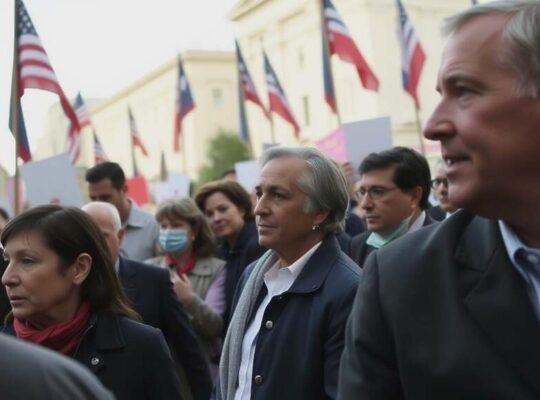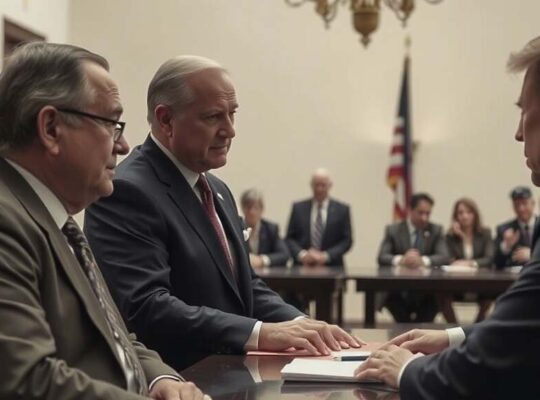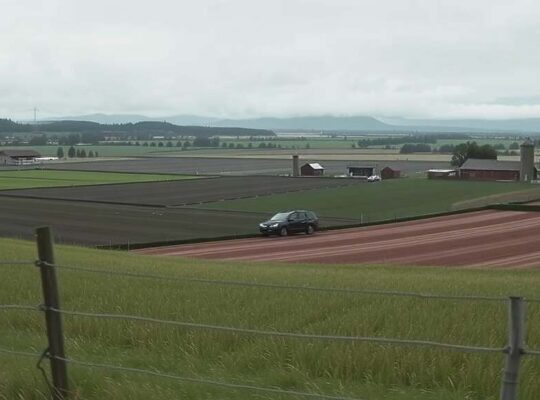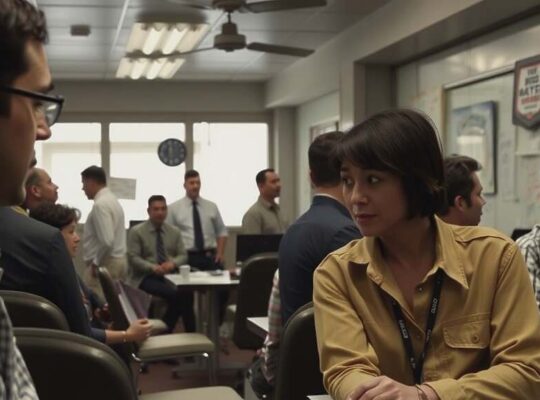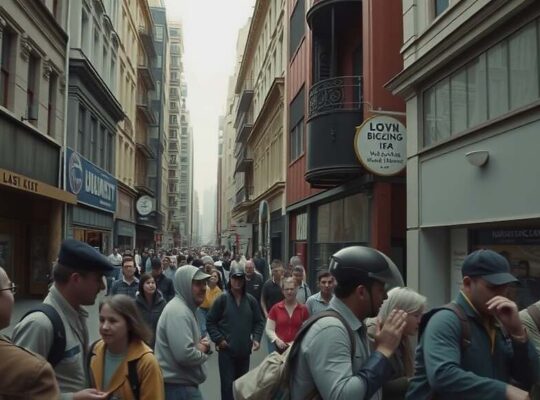Leaders from Germany’s governing coalition – the Christian Democratic Union (CDU) and the Social Democratic Party (SPD) – convened in Würzburg for a two-day closed-door meeting commencing Thursday. The gathering focuses on assessing recent performance and charting a course for future cooperation.
SPD parliamentary group leader Matthias Miersch acknowledged that the coalition has faced challenges. “We received a mandate to address significant issues in this grand coalition” he stated at the meeting’s outset, adding that recent weeks have been difficult and that mistakes have been made. He emphasized a commitment to open dialogue to prevent recurrence of such issues, citing the failed judicial election in the Bundestag as an example. Miersch underscored that transparent communication is a prerequisite for advancing key policy initiatives, particularly regarding planned reforms to the social welfare system, where he sees sufficient common ground for progress. He cautioned, however, that heightened polarization could complicate these efforts.
Alexander Hoffmann, leader of the CSU parliamentary group, expressed optimism regarding a potential improvement in the coalition’s working relationship. He characterized the coalition as a potential “bridge-builder” and anticipated a revitalized push for reforms in the coming months, with a strong focus on the social welfare state.
Jens Spahn, leader of the CDU/CSU parliamentary group, suggested a shift in emphasis, advocating for greater focus on the coalition agreement itself-the joint work program-rather than individual party platforms. He acknowledged the need to address areas where performance has fallen short and indicated that the Würzburg meeting would serve as an opportunity to review these matters. The intention, he stated, is to identify solutions and move forward collaboratively on outstanding priorities outlined in the coalition agreement.




